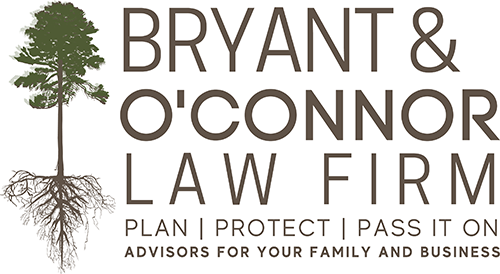Persuasion is a vital part of human interaction. We use it in every aspect of life, from convincing a child to eat their vegetables, to selling a good product to a customer who needs it, to nudging someone to make a healthy lifestyle change, to making a legal argument in court. However, it’s important to distinguish between ethical persuasion and manipulation.
Manipulation usually involves deceit, coercion, or exploitation to influence someone’s behavior or thinking for the manipulator’s own benefit. Manipulative tactics often disregard the interests, autonomy, and well-being of the person being manipulated, making them ethically problematic. Other times, manipulation is used to get someone to do what you think is right (like getting your kids to eat veggies), but manipulation provides the wrong message.
Ethical persuasion, on the other hand, respects the autonomy and dignity of all parties involved, and more importantly does not require you to engage in deceit or coercion. It focuses on creating a win-win situation where all parties benefit. Ethical persuasion involves open, honest communication and is grounded in the truth. If you’ve read much of my content, you might know that I’m a big fan of Dr. Jordan Peterson’s works, and one of my favorite pieces of wisdom from his “12 Rules for Life,” is, “Tell the truth, or at least don’t lie.”
Fortunately, dishonesty is not necessary to persuade. There are many ethical ways to persuade, including:
- Providing Evidence: Providing strong evidence and logical reasoning can help persuade others of your point of view. Make sure your evidence is valid, reliable, and relevant to the issue at hand. As we all know, many people use irrelevant evidence to misdirect or distract their audience. Please don’t do that.
- Understanding the Audience: Tailoring your message to the audience’s needs, values, and perspectives can make it more persuasive. This involves showing empathy and understanding of where they’re coming from. If you understand your audience’s needs, you may be able to pinpoint how what you’re selling is good for them.
- Building Credibility: People are more likely to be persuaded by those they perceive as credible. You can build your credibility by demonstrating expertise, showing integrity, and building a track record of trustworthiness. Building credibility is a long game based on consistently delivering or backing up what you say. However, the effort required to build credibility is worth it.
- Finding Common Ground: Don’t you wish politicians were better at this one? Identifying areas of agreement can help you connect with your audience and make them more open to your perspective.
- Appealing to Emotions: While manipulation can involve exploiting emotions in a harmful way, ethical persuasion might involve appealing to emotions in a way that is respectful and considers the emotional well-being of the other party. Appealing to emotion can certainly be overused or abused, but many people respond positively to emotional appeals. Just don’t rely on an emotional appeal that is not supported by factual truth.
Persuasion is important in many situations, especially when you need to encourage others to take action, make a decision, or consider a different point of view. This could be in a business negotiation, in a political debate, in advocating for positive change, or even in personal relationships. However, it’s crucial that persuasion is used ethically, respecting the autonomy, intelligence, and dignity of all parties involved.

